A Dozen Things You Need to Know About European Guest Houses
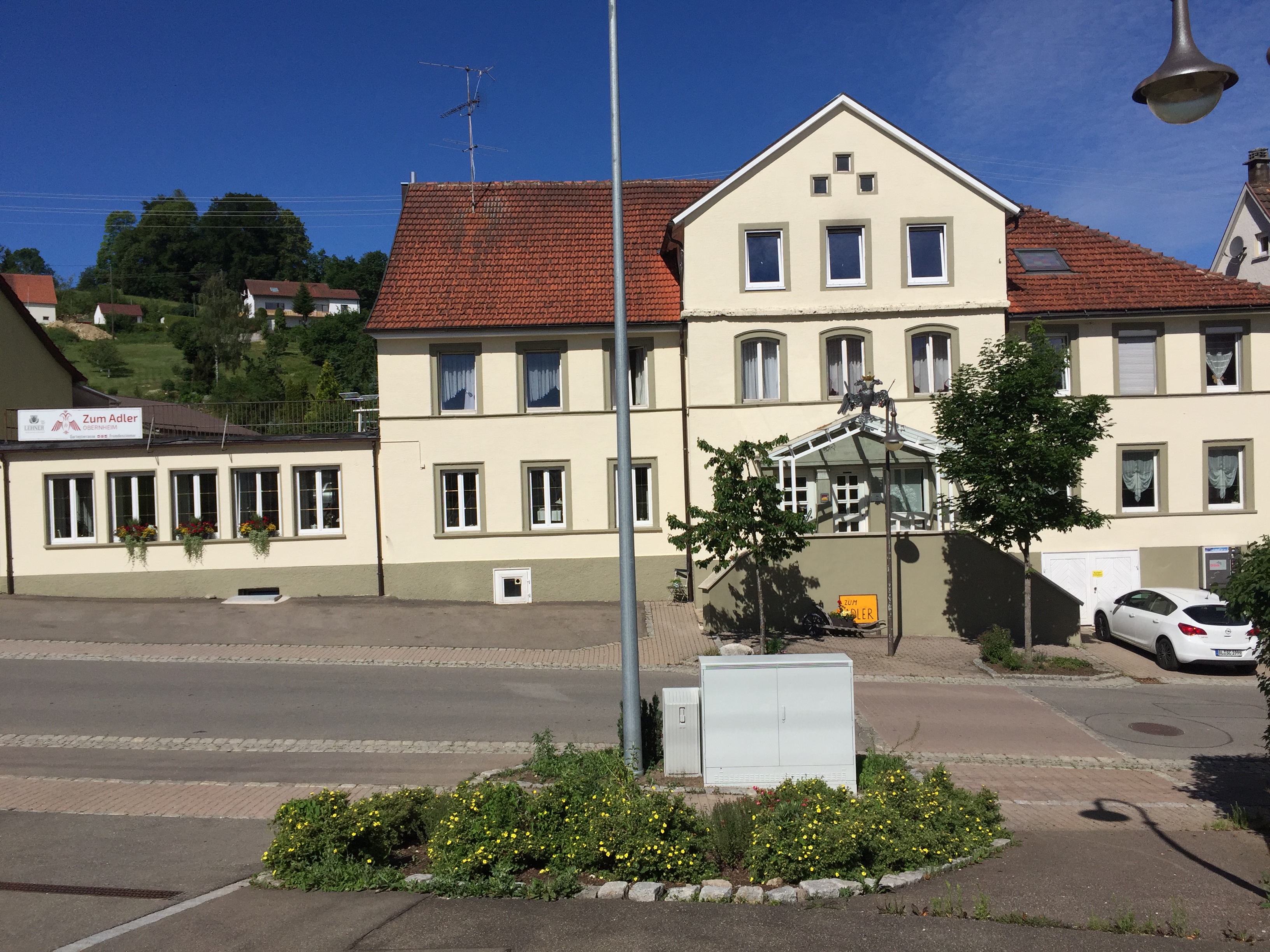
If you’re an American planning on traveling to Europe, you’re in for a treat. Such rich history! Such spectacular architecture! Such interesting people! So many surprises in store. Luckily for you, if you read this post, a dozen interesting aspects of European guest houses won’t take you off guard. Some of these also hold true at many boutique hotels and major chains in Europe. So, here we go!
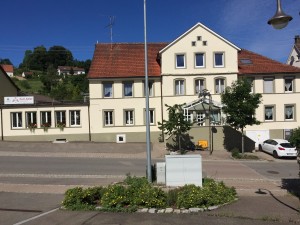
- Front desk – Not usually. When you check in, you might have to hunt for someone to show you to your room. When you check out, you have to go on a second hunt for an employee so you can pay your bill. Oh, that goes for anything you might need during your stay as well.
- Elevators – Maybe not. And probably no dedicated staff to help you schlep your luggage to the third floor. In one guest house, we coerced a guy from the kitchen to help us take our bags upstairs and made it worth his while with a generous number of Euros.
- Door locks – If you’re staying in a guest house, you’ll probably be issued an actual key. This is nice because you aren’t dependent on the key card powering the room. The interesting thing about these keys is that after you unlock the door from the outside, you must insert the key on the inside of the door to turn the deadbolt. I guess this way you’ll always know where your key is, but if your companion goes out for coffee, they won’t be able to take the key with them. If they did, you’d be waiting for your Morning Joe in an unlocked guest room.
- Air conditioning – Maybe yes. Maybe no. In a Romanian guest house, our room didn’t have air conditioning, but the room next door did. There was a nice, big window, but traffic on the main street was heavy. Thank goodness for ear plugs and eye masks. In a German Schwäbische Albguest house, there was no air conditioning, because they don’t usually need it. There was a heat wave when we visited, so they brought us a portable air conditioner, which worked pretty well.
- Beds – When’s the last time you saw twin beds in a hotel? Or a king bed that is actually two twin beds pushed together? When booking one of the guest houses we stayed in, three twin beds in a row was one of the options. . .
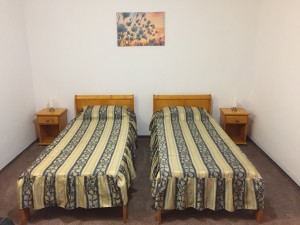
- Outlets – Of course, you know that you’ll have to bring along adapters and converters. And that most converters can’t handle your curling iron. But be aware that electrical outlets will be at a premium, and you might find yourself using the TV screen as a mirror when your companion is occupying the bathroom.
- Complimentary toiletries – Don’t expect an array of shampoos, conditioners, body washes, soaps, mouthwash, shower caps, sewing kits, shoe shine kits, etc. You might want to bring your own shampoo or purchase it when you get to your destination.
- Washcloths – You’re not likely to find washcloths in European guest houses. I’m not sure how Europeans wash themselves, but if they use washcloths at home, they don’t expect them at the guest houses. A friend of mine packs her own washcloths.
- Facial tissues – Kleenex, Puffs, etc. These are not standard issue in the European guest house. If you need to blow your nose, you’ll have to use toilet paper, or pack your own tissues.
- Showers – They might be leaky, and the drains might be slow. There’s generally no tub, and the shower doors might not snugly fit together. So, the spray might be pointed right at the opening and even if it’s not, the ricocheting droplets will probably find their way onto the floor. When I commented on this to a local, I was advised that Europeans know how to navigate these showers without getting even one drop on the floor. Demo, please.
- Housekeeping – These folks may, or may not, show up on a daily basis. If they do and your companion is in the shower, the language barrier might be a problem. For instance, when I told the housekeeper we’d just take some towels, and instead, she headed to the bathroom to clean it. Luckily, I diverted her out the door and preserved my spouse’s modesty.
- Language – As mentioned above, you might run into a language barrier with guest-house staff, especially the further you travel from major cities. Be prepared to consult your translation app on your phone or even carry a small translation book. In most cases, you can get your point across, sometimes in comical pantomimes, but it’s good to be prepared.
So, there you have it. A dozen aspects of European guest houses that are good to know and plan for. By being privy to these standards in advance, you can avoid feeling like you’re getting bad service from a particular guest house. This might save the establishment from receiving a poor review.
Even though European guest-house amenities might be different from what you’re used to in America, and you might feel a bit outside your comfort zone, the benefits of staying in a guest house are many. For instance, you will get a better feel for how the locals live. You might get to know the owner of the establishment. And you will probably be very happy to get back to your home, sweet home, where everything is familiar.
Ann Silverthorn is a freelancer and blogger who writes in a wide variety of genres. She especially loves the arts and sharing her thoughts about them. Follow her blog at www.AnnSilverthorn.com and find her on Twitter, Instagram, and Facebook.

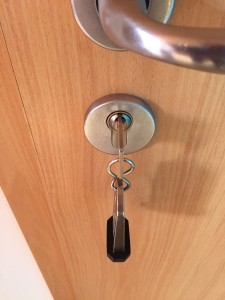
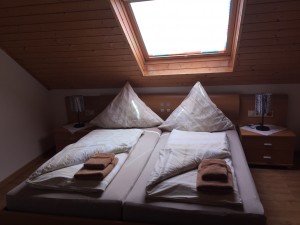



omg, yes about the “front desk” because it’s more like “hunt for the absentee landlady to pay your bill before you leave”!
You’d think they might like to get paid!